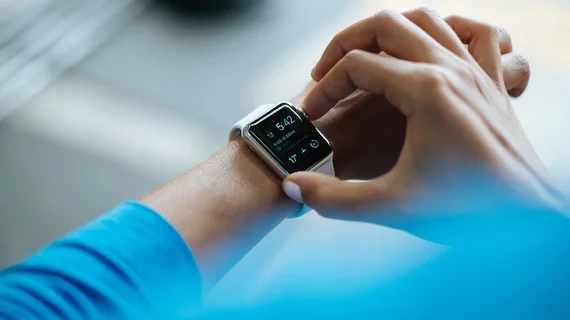FDA warns against use of unauthorized smartwatch, smart ring devices to measure blood glucose levels
The U.S. Food and Drug Administration (FDA) has issued a new warning against the use of watches, rings and other devices that claim to measure blood glucose levels without piercing the skin. These unapproved devices come from “dozens of companies” and are sold “under multiple brand names.”
“These devices are different than smartwatch applications that display data from FDA-authorized blood glucose measuring devices that pierce the skin, like continuous glucose monitoring devices,” the agency wrote. “The FDA has not authorized, cleared, or approved any smartwatch or smart ring that is intended to measure or estimate blood glucose values on its own.”
Any diabetes patients relying on this unauthorized technology could risk making errors in the management of their own health. Inaccurate blood glucose measurements could cause an individual to take an incorrect dose of insulin, for example, “leading to mental confusion, coma or death within hours of error.”
The FDA emphasized that patients and caregivers should not purchase these devices, adding that fully approved technology is already available for any patients looking for assistance with the management of their blood sugar. Approved devices all require the user to prick their finger or pierce their skin.
“The FDA routinely monitors the medical device market and became aware of unauthorized products being marketed to consumers,” according to the advisory. “The agency is working to ensure that manufacturers, distributors, and sellers do not illegally market unauthorized smartwatches or smart rings that claim to measure blood glucose levels. Additionally, the FDA is alerting consumers about this issue and making the public aware that smartwatches and smart rings should not be used to measure blood glucose levels.”
The FDA’s advisory concluded by asking healthcare professionals to report any adverse patient outcomes they believe to be associated with the use of these unauthorized devices.
“Prompt reporting can help the FDA improve patient safety by identifying and better understanding the risks associated with the medical devices,” the agency wrote.

